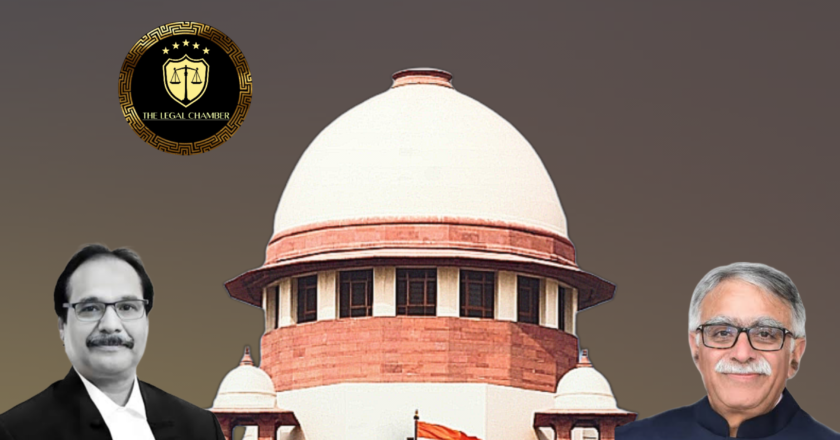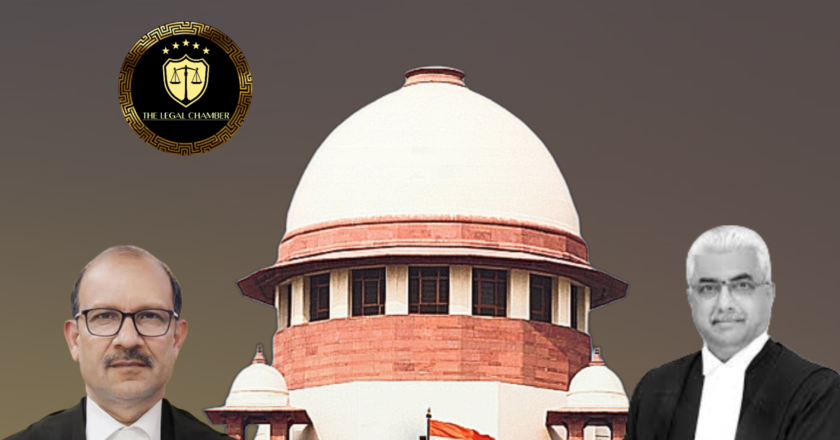Supreme Court Says Long-Term Cohabitation Can Prove Valid Marriage for Inheritance Claims: Landmark Ruling
This Supreme Court judgment reinforces that under Section 50 of the Indian Evidence Act, the opinion of a person with special means of knowledge is relevant to prove a familial relationship. It upholds the legal presumption of a valid marriage from long-term cohabitation. The Court also affirmed that a party's failure to enter the witness box, when facts are within their exclusive knowledge, warrants an adverse inference under Section 114(g). Revenue records do not confer title but only have fiscal value.
Facts Of The Case:
The dispute centered on the inheritance rights to the properties of Dasabovi, who had died intestate. The plaintiffs, Venkatappa and Siddamma, claimed to be his legitimate children from his first wife, Bheemakka. They alleged that after their father married a second w...


